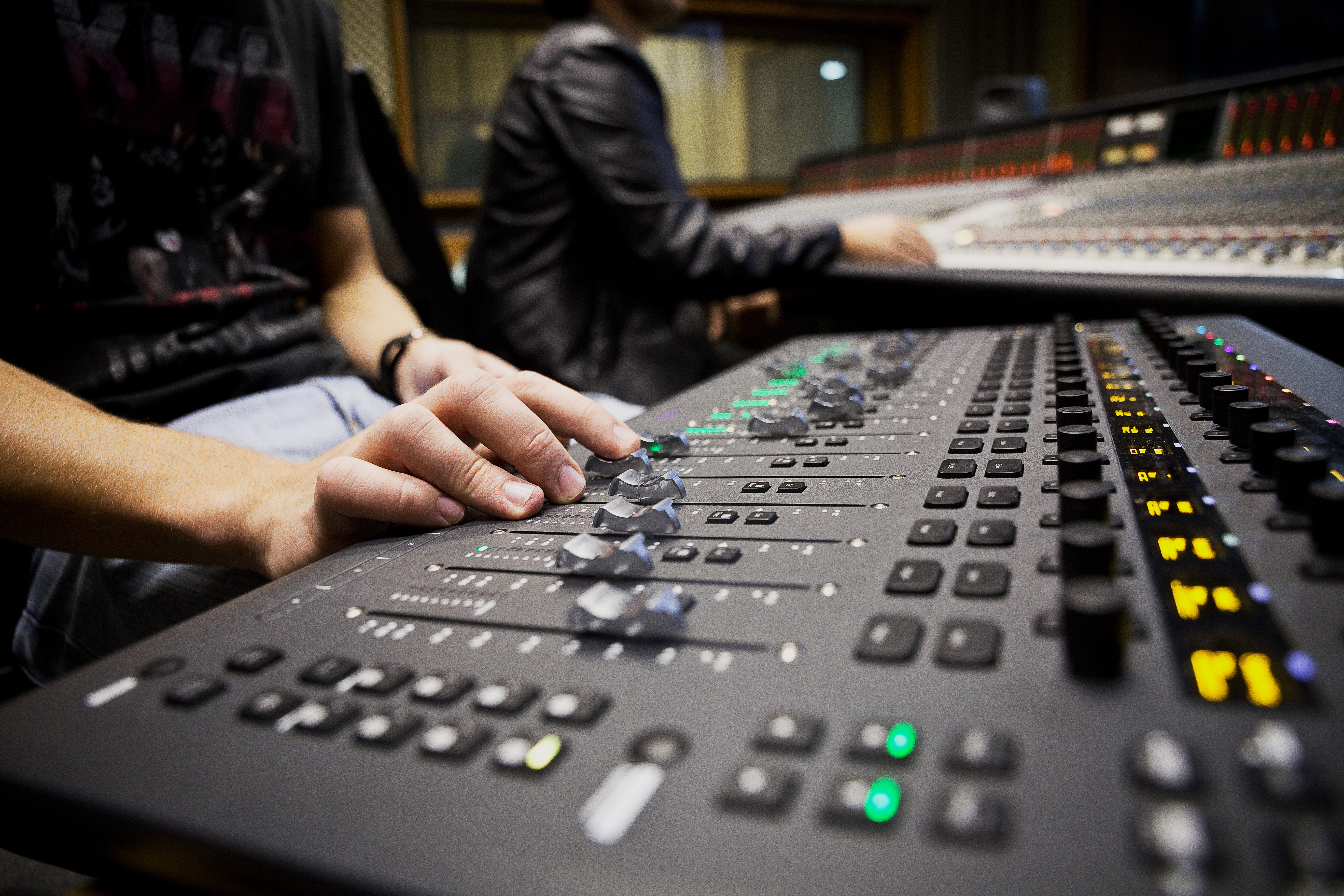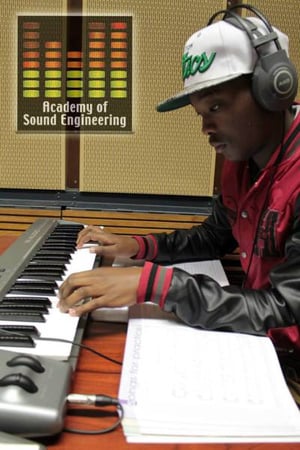
Audio Engineering can be a career filled with some fantastic job opportunities and immense fulfilment. As with any vocation you choose in life though, it really is what you make of it. If you ask most people what an audio engineer or sound engineer does, they are quite likely to either look at you with a puzzled expression or think only of the image of someone sitting behind a mixing console in a studio or at a live show.
There are in fact many different job opportunities once you have completed your studies. We sat down with the Marketing Manager and Lecturer at the Academy of Sound Engineering (ASE) in Johannesburg, George Hattingh Jnr., to find out more about what career paths exists for audio engineering graduates…
One of the unique features of studying at ASE is that students can choose which areas of sound they wish to major in for audio engineering. Can you tell us which these are and how it works?
Yes, our students start off their qualifications by being introduced to the various sectors of the industry and being taught as much as we can fit into them regarding all of the electives for the first two years. They are also taught all of the generic Audio Technology subjects like Electronics, Pro Tools, Ear Training, Music, Music business and much, much more.
At the end of their second year we ask them to choose their elective which will make up about 50% of their last year while we continue to finalise the other Audio Technology subjects.
These electives are:
- Audio Post Production (Sound for video): where the students specialise in all areas of sound for video like Music, Foley (sound effects) and Automatic Dialogue Replacement (ADR).
- Music Production: where the entire process of creating music is focused on from Composition, Recording, Editing, Mixing, Mastering, Distribution to Marketing etc.
- Broadcasting: this mainly focuses on the radio environment in pre-production and live broadcast. Jingles, Adverts, Voice-overs, Music Beds, Presentation, Live broadcast, Outside broadcast etc.
- Live Sound Reinforcement: providing technical solutions and implementation for any live event, whether its stadium sound or your local church. From Staging, Lighting, Line Array, Front of House (FOH) and Monitor Mixing. This also includes the very important installation and corporate industries.
In your experience which are the most popular electives amongst audio engineering students?
It varies year to year. All of the electives have had their year where they’ve been the most popular for that year. The industry also dictates to an extent, as the students get a feel for the industry and learn that at that particular time the industry may need more technicians in one area or another.
In a previous chat you mentioned that the demand for audio engineering personnel in South Africa is on the increase. Care to elaborate…
Very much so. We even received an official notice from the Sector Education and Training Authority (CATHS SETA) that Audio Technical has been identified in the top 10 sectors requiring additional technicians in South Africa. No. 7 on the list to be exact. My time is also dominated quite heavily by the industry contacting me regularly to get access to our graduates for employment.
I believe ASE was the first to offer a fully accredited degree in Sound. How does this differ from the diploma and what criteria will qualify a student to pursue the degree instead of the diploma.
Well, the B.Sc. is brand new, as we are the first institution in the world to offer a fully accredited B.Sc. Degree in Sound Engineering. Our first graduates will be accepting their degrees in April 2016 and we expect them to make big waves in studio and acoustic design as well as system integration and equipment development for our industry. It has very unique outcomes in terms of it being far more engineering focused. So yes, there is a lot of Mathematics, Physics and Electronics. Not to say that the Diploma does not have that, however the Diploma is a creative technology qualification and focuses on teaching the learner to utilize all technology and software to create any type of media product. The B.Sc focuses on the technology and equipment itself and looks to improve, integrate and design the industry of the future!
For the original article, click here.

